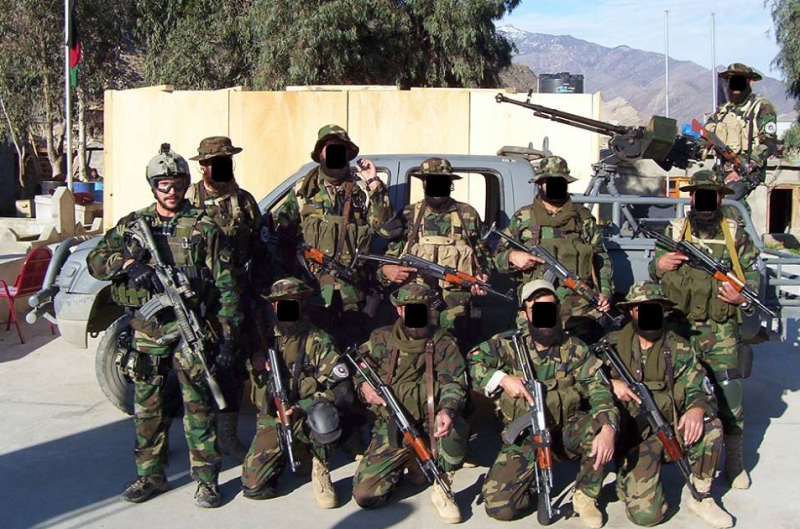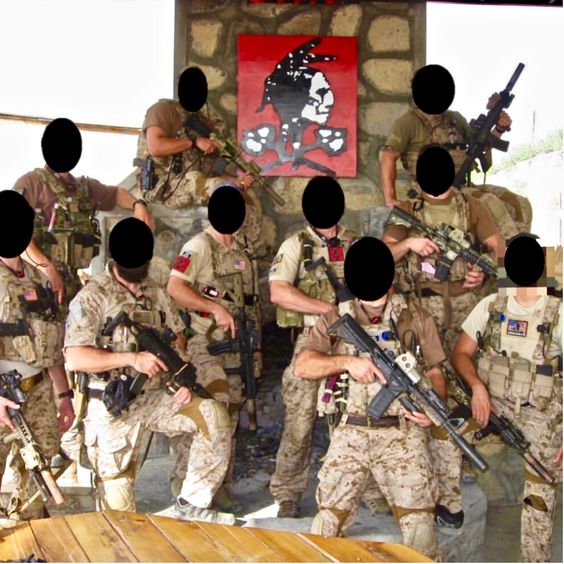How far would the CIA and the military’s elite Special Operations units go to avoid political oversight for their covert activities?
To the end of the world, it seems.
Congress is suspecting that the CIA and the Joint Special Operations Command (JSOC) haven’t been transparent when it comes to briefing lawmakers about their covert operations. More specifically, lawmakers are concerned that JSOC hasn’t been properly categorizing Advance Force Operations (AFO) and Operational Preparation of the Battlefield (OPB) missions.
Legally, AFO and OPB can both be considered as covert or clandestine action. As such, the CIA and JSOC are bound by law to brief Congress about any ongoing AFO or OPB operations.
A concept first developed in the 1990s by Delta Force, AFO is conducted in countries of interest that could become future areas of operations. AFO units deploy to the country and conduct OPB. What would this mean today? For example, a Delta team from G Squadron deploying to an eastern European country that could be attacked by Russia and taking ‘atmospherics’; or an Intelligence Support Activity (ISA) team deploying inside Iran and setting up safe houses.
The units that specialize in AFO all fall under JSOC — with one technical exception. These units are: Delta Force’s G Squadron, SEAL Team 6’s Black Squadron, the Ranger Reconnaissance Company (RRC) — the RRC nominally falls under the 75th Ranger Regiment — and the Intelligence Support Activity (ISA).

To better understand the issue, one needs to grasp the legal parameters wherein the CIA and the military operate, and also the difference between covert and clandestine action.
The military operates under Title 10 (the National Guard components fall under Title 32 when not mobilized). CIA, on the other hand, operates under Title 50. By design, Title 50 allows for more operational flexibility, an essential ingredient in AFO or OPB operations.
According to the legal definition in Title 50, United States Code, covert action is “an activity or activities of the United States Government to influence political, economic, or military conditions abroad, where it is intended that the role of the United States will not be apparent or acknowledged publicly.” Covert action can be performed by both the CIA and the military, though it’s the bread and butter of the former.
Clandestine action, on the other hand, doesn’t have a legal definition in the United States Code. Each department or agency has a slightly different definition for the term. In essence, it’s an action that is meant to be kept secret but won’t be detrimental to the U.S. if it were disclosed (Operation Kayla Mueller, the Delta raid that killed the leader of ISIS is a good example). One could say that covert actions are strategic in nature, whereas clandestine activities are tactical.
Going back to at least the 1960s, the military and the CIA have been collaborating to maximize the effectiveness of covert operations against America’s enemies. Special Operations personnel have been temporarily discharged from the military to join the CIA, thus allowing the deployment of America’s best to places they wouldn’t be normally allowed to go. For instance, the operators of SEAL Team 6’s Red Squadron, who killed Osama bin Laden, were technically under CIA jurisdiction when they entered Pakistan. Another product of this collaboration is the Omega Program.

The benefits of having operators under Title 50 is the legal ‘flexibility’ it grants to politicians. President Trump, for example, could go on and say that there is no American military personnel in X country and be technically correct, when at the same time Delta operators are conducting close-target reconnaissance of a potential target in the same country. But he has to notify Congress about the existence of the operators, nonetheless.
Routine military activities, however, don’t have to be reported to Congress. And JSOC is suspected of categorizing AFO and OPB operations as routine military activities to avoid Congressional oversight.
Congress’ nest is far from clear, though. Since the 1960s, Congress has purposefully evaded knowing too much about covert operations, thereby maintaining the option of criticizing the intelligence community or the military in case something goes awry.
The main issue stemming from JSOC potentially circumventing its responsibilities is the lack of accountability. If an operation doesn’t exist, then no one can be held accountable for it, especially if something goes south or something illegal takes place.
Oversight should never be equated with micromanagement, though. The former ensures a healthier and more effective organization, the latter produces agitation and toxicity.










COMMENTS